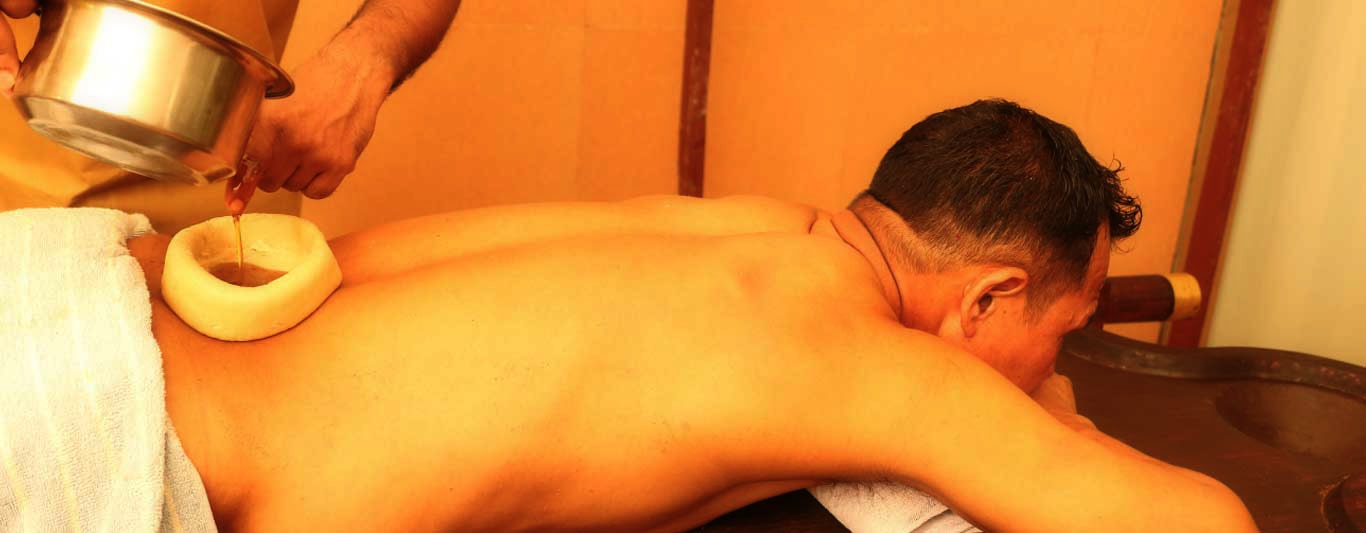Vertigo
Vertigo is a sensation of whirling and loss of balance, associated particularly with looking down from a great height, or caused by disease affecting the inner ear or the vestibular nerve; giddinessVertigo is often caused by an inner ear problem. Some of the most common causes include:
Benign Paroxysmal Positional Vertigo (BPPV). occurs when tiny calcium particles (canaliths) clump up in canals of the inner ear. The inner ear sends signals to the brain about head and body movements relative to gravity. It helps you keep your balance.BPPV can occur for no known reason and may be associated with age.
Meniere's disease. This is an inner ear disorder thought to be caused by a buildup of fluid and changing pressure in the ear. It can cause episodes of vertigo along with ringing in the ears (tinnitus) and hearing loss.
Vestibular Neuritis or Labyrinthitis. This is an inner ear problem usually related to infection (usually viral). The infection causes inflammation in the inner ear around nerves that are important for helping the body sense balance
Symptoms
Vertigo is often triggered by a change in the position of your head.People with vertigo typically describe it as feeling like they are:
- Spinning
- Tilting
- Swaying
- Unbalanced
- Pulled to one direction
Other symptoms that may accompany vertigo include:
- Feeling nauseated
- Abnormal or jerking eye movements (nystagmus)
- Headache
- Sweating
- Ringing in the ears or hearing loss
Symptoms can last a few minutes to a few hours or more and may come and go.Less often vertigo may be associated with:
- Head or neck injury
- Brain problems such as stroke or tumor
- Certain medications that cause ear damage
- Migraine headaches
Treatment
- Ayurvedic treatment is generally planned, based on careful evaluation of the causative factors for Vertigo. Vertigo can be correlated to Bhrama in Ayurveda where there is involvement of Pitta dosha and Vatha dosha.
- The aim of the treatment will be
- To treat the cause of vertigo
- To bring the balance of Vatha dosha as it is vital in movements and balance
Tips
- Movements of neck should be gentle and with care
- Follow light diet and avoid spicy oily and half cooked foods
- Practice regularly the vertigo exercises for neck to improve the balance once giddiness subsides
- Frequent attacks of cold and sinusitis to be avoided





